WELCOME TO TORONTO NEIGHBOURHOOD CENTRES
Toronto Neighbourhood Centres is an association of non-profit multi-service organizations dedicated to strengthening local neighbourhoods and enabling diverse communities to work together to promote justice and a healthy life for all. We share a vision of a Toronto that:
-
Provides healthy and caring communities for all of its residents, especially those who are most vulnerable.
-
Celebrates diversity, welcomes and supports people from across the globe.
-
Enables all individuals in all sectors of society to participate fully in the processes that shape their communities.
Neighbourhood Centres in Action
Neighbourhood Centres develop and deliver community services including:
- Seniors, Youth and Family Programs
- Employment and Skills Training
- Settlement Services
- Community Development Initiatives
- Literacy and ESL Programs
- Housing and Food Access
- Social Recreation Activities

Neighbourhood Centres are hubs and anchors for social participation. They play a central role in fostering key characteristics of supportive communities, including:
INCLUSIVENESS: empowering individuals and groups who have been left out of the planning, decision-making and policy-development processes in their community; promoting increased awareness, respect and an active celebration of people's diversity.
OPPORTUNITY: working to ensure that all community members, especially those most vulnerable, have access to adequate income, education and a network of relationships they need to participate as valued members of society.
MUTUAL SUPPORT: assisting community members to help each other and work together to address shared concerns.
Applying these principles means working directly with community members, developing initiatives from the ground up, mobilizing trained volunteers and skilled staff, and securing government funds and private donations to achieve locally defined objectives.
TNC Values

TNC members believe that well-being is a social achievement and not exclusively an individual one, and that every community needs a range of supports to flourish, including:
- government policies and programs that ensure equality of opportunity, income security, affordable housing, childcare, employment equity and human rights
- well-funded public education, healthcare and social services
- opportunities for civic engagement, celebration, expression, mutual support and democratic participation
- thriving local and regional economies
- sustainable relationships with the environment
As one part of this fabric, TNC promotes the model of universal access multi-service Neighbourhood Centres, complementing strong public services and organizations supporting specific communities and sectors.
Neighbourhood Centres are dedicated to empowering neighbours to work together to meet local challenges and create shared approaches to building community. They provide a crucial focus and support for community development, and address the needs of their area by integrating services, capacity building and social reform.
Inspired by the tradition of innovation within the Settlement house movement, today’s neighbourhood centres take many forms as they generate local solutions to global challenges. Together and separately TNC members seek to catalyze change by: TNC members contribute to a world in which the “international community” is shaped by people working together from their local communities, a power and legitimacy from the base of society.
Stronger Together
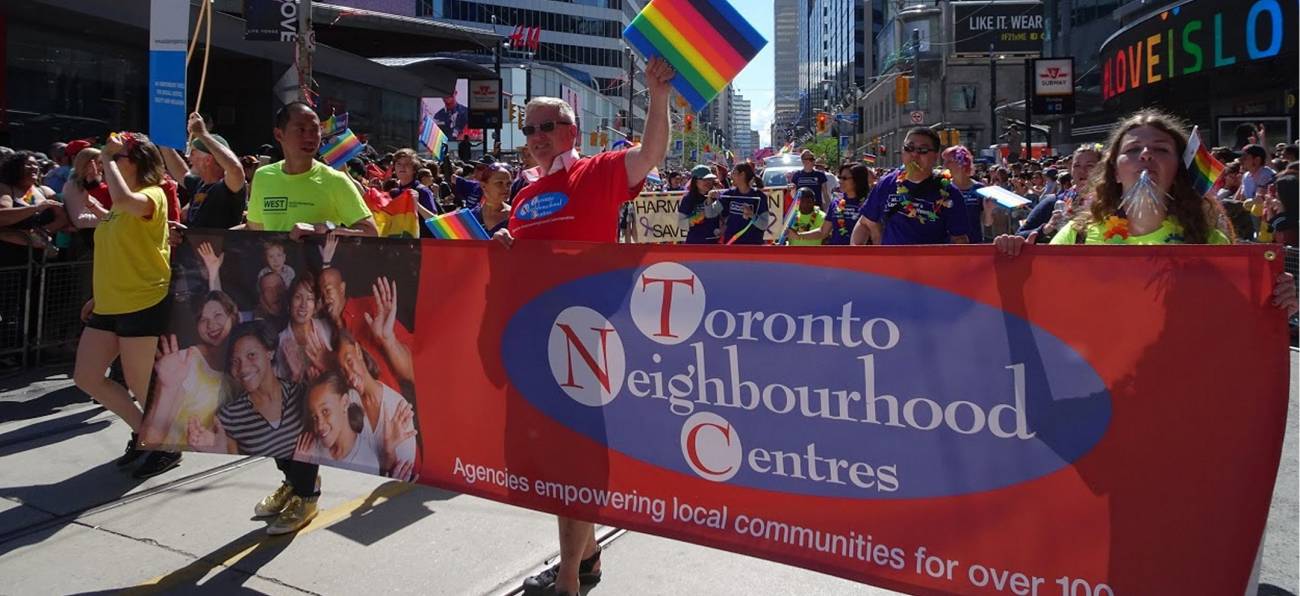
Individually, TNC member agencies are independent community-managed non-profit organizations that respond to the unique and varied needs of their neighbourhoods. They all look a bit different and do different things. But they are united in their goal of supporting community members to make changes that create a healthier, inclusive and just society for all.
To advance our collective vision and the work of TNC member agencies, the TNC Association:
- Identifies and speaks out on common issues and concerns in our communities as an association and in cooperation with other community groups;
- Promotes the model of universal access multi-service Neighbourhood Centres as a core component of healthy communities (complementing strong public services and a well-supported network of organizations and services targeted to diverse communities and sectors)
- Encourages the development of Neighbourhood Centres in under-served communities across Toronto;
- Links Neighbourhood Centres across Toronto, serving as a medium for the exchange of information and ideas, and sharing organizational resources and capacities;
- Sponsors inter-agency projects with member agencies and other organizations;
- Promotes best practices for community-based social service, health and recreation activities.
TNC is a registered charitable organization and a member of the Canadian Association of Neighbourhood Services (CANS), and the International Federation of Settlements and Neighbourhood Centres (IFS).
Staff and Board
TNC is a non-profit registered charity. As a membership-based organization we are stewarded by a Board of Directors consisting of twelve representatives from among our member agencies.
The responsibility of the TNC Board is to oversee the organizational health and strategic directions of TNC in a way that is consistent with the members' interests overall, and to provide support and direction to the Co-Executive Directors. Our current Board of Directors are listed below.
TNC is stewarded by Co-Executive Directors Sree Nallamothu and Rob Howarth, who connect with and mobilize the efforts of hundreds of staff from across our member agencies, engaging in ongoing peer support, learning and innovation, and carrying our shared community-building, advocacy, social policy and government relations activities. Check out Focus Areas for details on this work.
TNC BOARD OF DIRECTORS 2025-26

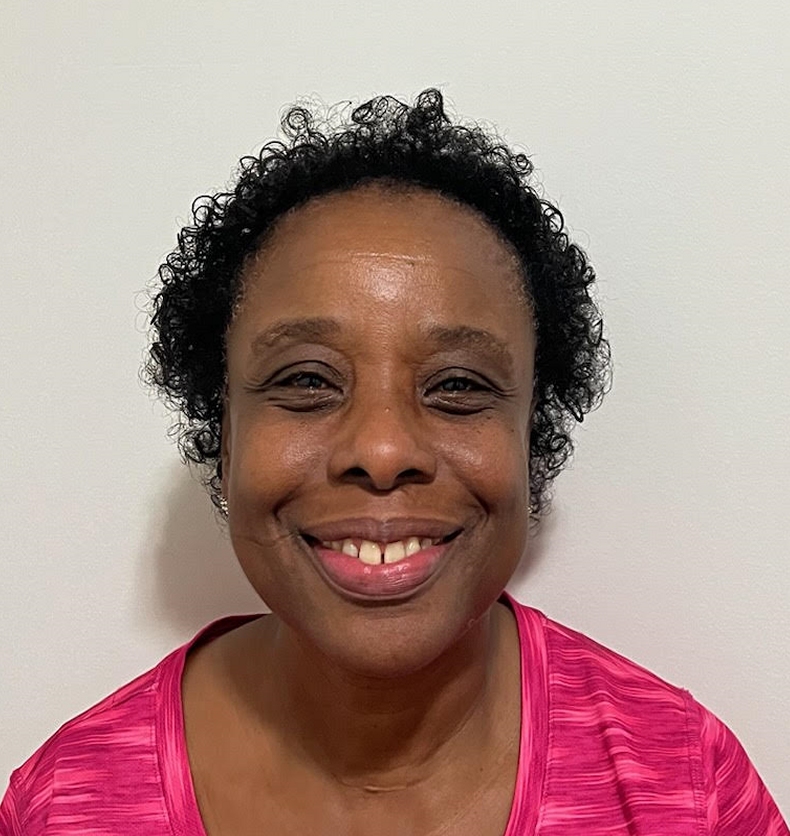


Natasha Francis - PRESIDENT
Yvette Bailey - VICE PRESIDENT
Wayne Woolery - TREASURER
Wayne (he/him) is the Director of Human Resources and Administration at the Jane/Finch Centre. He joined the organization in 2014. Jane/Finch Centre is a mult-service, community based organization with a strong focus on resident engagement, capacity building and anti-oppression.
Bonnie Hunter - SECRETARY
Bonnie Hunter (she/her) is the Director of Talent and Culture at North York Community House (“NYCH”), a nonprofit, neighbourhood-based centre in northwest Toronto. NYCH is focused on supporting newcomers to Canada, families, and residents of low-income neighbourhoods in becoming active and engaged in their communities. Bonnie has been at NYCH for 18 years in roles spanning from program manager to HR director to her current role. Her background includes experience in corporate human resources as well as working in women’s shelters and other nonprofit organizations. Bonnie holds an MSW degree from the University of Toronto, and loves singing, cooking, and hanging out with her dog.
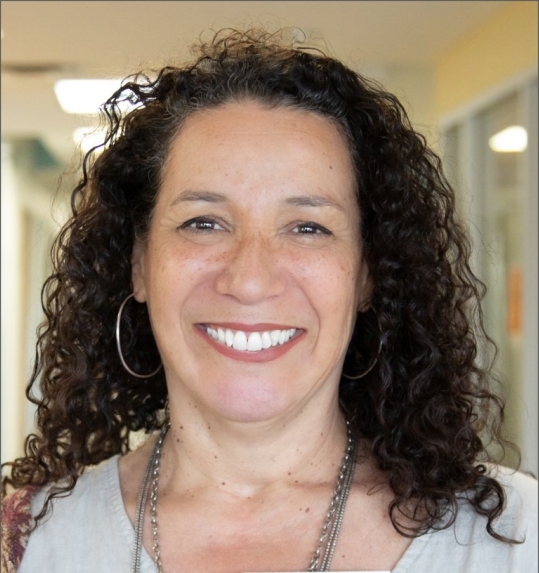

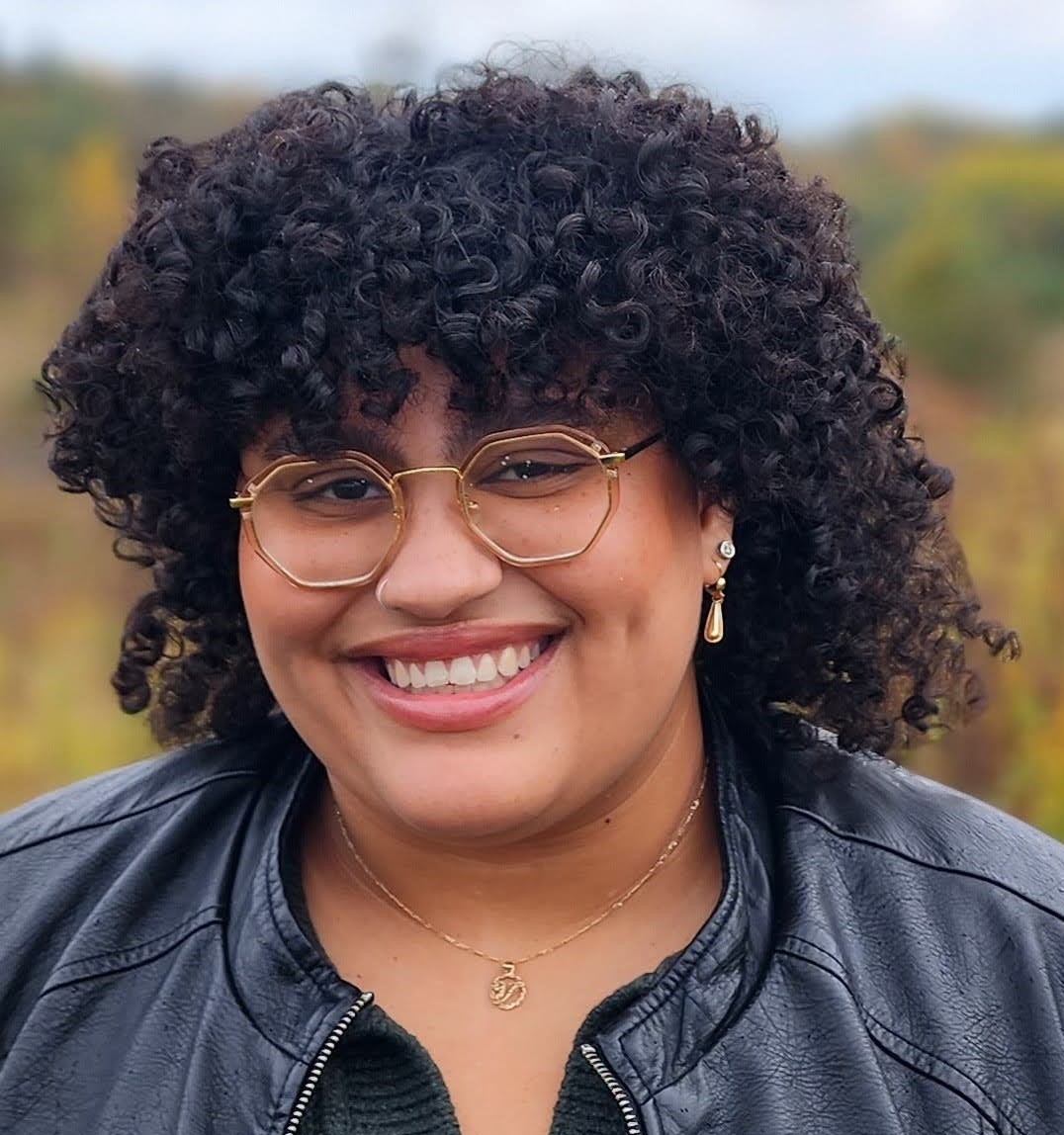
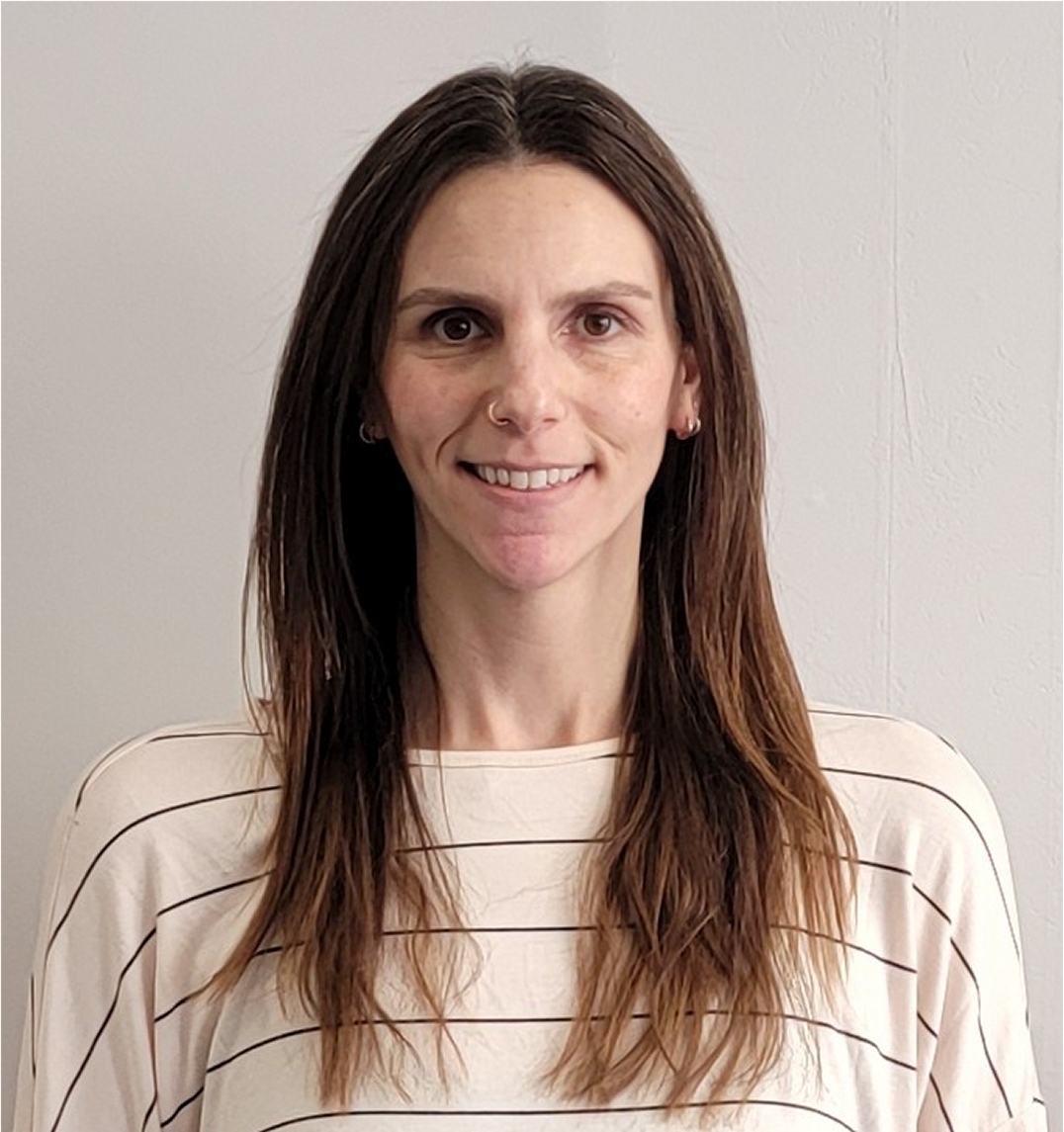
Vanda Henriques
Vanda Henriques is the Executive Director of the Working Women Community Centre. She brings over 22 years of dedicated service to the organization, holding various senior management roles. Her expertise spans leading teams in women’s services, newcomer support, civic engagement, and food security. In addition to her work at WWCC, Vanda actively contributes to the broader community through volunteer roles on several Boards. Her extensive background in community service, combined with her leadership experience, underscores her deep commitment to improving the well-being and opportunities of diverse and underserved populations. Vanda is passionate about developing impactful programs that promote community engagement, encourage civic participation, and foster a sense of belonging and stability among vulnerable groups.
Amanda Bland
Amanda Bland has more than a decade of experience in the not-for-profit sector, and has held positions in the public service and with a national health charity. She is passionate about civic engagement and social justice, with a particular focus on advocacy for healthcare and equity for marginalized communities. She currently works for The Neighbourhood Group Community Services, a large multi-service agency in Toronto. Amanda is a dedicated volunteer and has served on the Boards of Directors for Storefront Humber, CommunitiCare Health, Social Planning Toronto, and North York Community House.
Vanessa Patterson
Vanessa (she/her) is the Coordinator of Youth Advocacy Programs at The 519. Vanessa is a Black, queer woman who has worked in and with marginalized communities for over eight years.
When she first joined The 519 she was responsible for the activation and animation efforts in Barbara Hall Park. The initiative created inclusive opportunities for all residents of the neighbourhood, especially our most isolated neighbours, to come together in community.
Vanessa currently supports the development and implementation of a new program at The 519 called Building Power; created specifically for BIPOC, 2SLGBTQ+ youth.
Vanessa holds a Bachelor of Arts from Western University in Media, Information, and Technoculture. Her engagement with TNC has been through attending various workshops and being part of TNC’s BIPOC Leadership Energies; a project that addresses and offers solutions to the glaring gaps in diverse leadership across organizations and boards in our city. Vanessa is an enthusiastic contributor to The 519’s Black Collective and Trans Engagement Strategy. When not at work, Vanessa loves going to see live music and going to the movies.
Talia Fine
Talia Fine (she/her) is the Director of People Experience & Equity at WoodGreen Community Services, one of Toronto’s largest social services agencies whose mission is to enhance self-sufficiency, promote well-being and reduce poverty through innovative solutions to critical social needs. She joined the organization in 2017 and has held several positions on the People & Culture team where her goal has always been to create a sense of belonging for anyone who walks through WoodGreen’s doors.
She holds a Bachelor of Arts Degree in Sociology and a Certificate in Human Resources Management. She loves travelling, reading, and a good Netflix binge.
.jpeg)
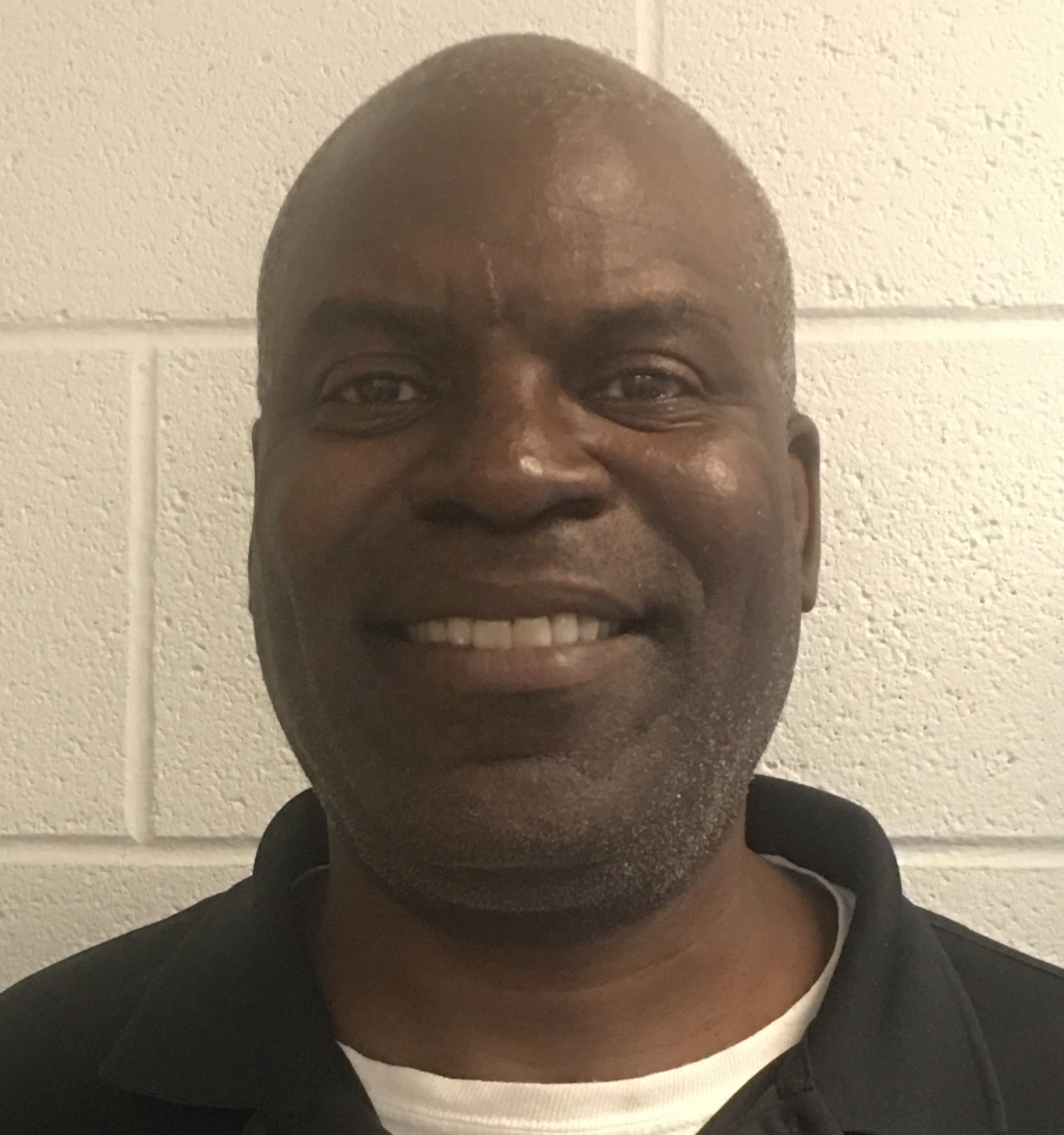


Keddone Dias
Keddone Dias’ (she/her) commitment to building healthy communities has fuelled her passion to work in the not-for-profit sector for over 20 years. In her current role as Executive Director at LAMP Community Health Centre, Keddone leads a multi-disciplinary team in the delivery of primary health care services and health promotion programs that address the needs of the whole person. With special emphasis on areas including health equity, youth development and education, Keddone has worked to improve access to the resources needed to help communities grow and thrive.
Keddone holds a Bachelor of Commerce degree in Finance from Ryerson University and a Master of Public Policy, Administration and Law from York University, as well as certificates in Community Health Leadership from the Rotman School of Management, and Leading Sustainable Strategic Change from the Schulich School of Business.
Keddone volunteers as Chair of the Board of Visions of Science Network for Learning, an organization that engages children and youth from under-represented communities in education focused on Science, Technology, Engineering and Math. She enjoys spending time with family, especially her two school aged children, who always keep her on her toes.
I am a 1st generation English-born man with a Grenadian Heritage, who came to Canada as a 15 year old orphan. After completing high school and two (2) years of college in London, ON, I joined the Canadian Air Force. I served in the Armed Forces for 12 years and left in the mid 1990s. This is when I returned to Inuvik, NT, which was the location of my first posting while serving in the Armed Forces. I worked in a school residence once known as a Residential School for six (6) years. Because of the many injustices and unfair representation in the legal system, I became the first Black Justice of the Peace in the Northwest Territories.
While working as a Justice of the Peace, I also owned and operated a Sports & Leisure store as a way to offer amenities to the local population who did not have access to certain services and products due to their remote location.
In 2000, I moved back to Ontario, where I worked as a correctional officer in secure custody and detention centres for youth.
In 2006, I was hired as the Adult Justice Worker for a Victim/Offender Program at West Scarborough Neighbourhood Community Centre (WSNCC). From 2008 to the present, I have worked as the Divisional Coordinator for Youth Justice Services at WSNCC.
(preferred pronoun: he, him, his; preferred form of address: first name)
Wendy Lancashire
TNC STAFF


Sree Nallamothu
A passionate connector and storyteller, Sree brings decades of experience in relationship-building, community engagement, and participatory filmmaking to her work. Her path has been shaped by collaborations across borders—from Sakshi Human Rights Watch in India to the Arab Jewish Community Center in Jaffa, from Community TV Network in Chicago to Native Child and Family Services Toronto—each experience deepening her commitment to justice, healing, and collective thriving.
At TNC, and through her documentary practice, Sree helps bring visibility and voice to advocacy campaigns and community research focused on 2SLGBTQIA+ inclusion, equity, belonging, reimagining leadership, and people-centered, community-led development. Her leadership is grounded in a belief that change flows not just from strategy, but from relational courage and shared imagination.
Sree serves on the Board of the International Federation of Settlements and Neighbourhood Centres, and is also the field documentarian for a global health research team advancing 2SLGBTQIA+ inclusion across Asia, Africa, and North America. In every role, she is guided by a quiet tenacity and the enduring question: How do we show up for one another in ways that seed transformation, not just reform?
Rob Howarth
TNC 2025 Annual Report
Download TNC's 2025 Annual Report
Centering Disability Justice Principles in our Work
Centering Disability Justice Frameworks We are working to better centre our strategies and work around disability justice, from HR to Community Engagement to Programs/Services, and also build our capacity to inform and advocate for policy alongside community partners in the disability justice movement. This initiative established a Disability Justice Affinity Group that has generated a Learning Journey for the network, that lays the groundwork we need to support cultural shifts within our organizations, for staff as well as community members, to strengthen our capacity to be effective allies. TNC’s Disability Justice initiative engages staff at all levels through experiential learning opportunities that address pathways to generating more accessible spaces and work environments.
Embedding the Practice - The TNC "Kinship Dojo"
In Summer and Fall 2024 the TNC Kinship Dojo brought together a core group of skilled facilitators, and TNC member agency staff, explore the ways in which we can more intentionally support group relationship-building and practices that advance our disability justice and anti-oppression values in concrete ways. Our set of pilot sessions positioned us well to establish space(s) of shared practice, and mutual accountability. In 2025 we built convened a Kinship Dojo community of practice with past dojo participants actively supporting each other to try out various dojo interventions at their respective workplaces. and asses the impact of these efforts.
Weaving Affinity Group Energies
Affinity group practice across our network has played a key role in bridging learning and action – with the Kinship Dojo being our most recent example. These identity- and experience-based spaces provide supportive environments for participants to process anti-oppression learning, explore systemic harm, and build the emotional and relational capacities required for sustained engagement. As part of our broader strategy, affinity groups have become essential to rooting anti-oppressive principles in daily practice. One of the most impactful contributions of affinity groups has been amplifying the network-wide shift from accommodation to accessibility. Rather than treating access as an individual or reactive need, affinity groups have helped position accessibility as a collective, proactive commitment. This reframing invites deeper accountability and encourages us to center access as a condition of meaningful participation and relational care. Crucially, affinity group practice is not isolated. Through intentional connection between groups, we are cultivating an intersectional lens—recognizing that systems of oppression overlap, and that our collective liberation requires an understanding of how different forms of marginalization interact. This weaving of affinity spaces supports shared analysis, reduces fragmentation, and fosters a deeper sense of interdependence across the network.
Enhancing Inter-Agency Solidarity, Innovation & Action
Through the convening and continued support for our TNC inter-agency affinity groups, TNC has activated a broad effort to connect more and more staff from across our member-agencies in ways that amplify our shared insights and capacity for civic engagement and collective actions. Building upon our affinity groups foundation, TNC also continues to mount a range of shared TNC training opportunities that strengthen TNC member's capacity for organizational change and collective advocacy. Examples of this work in 2025 included:
- Power in the Middle (Pilot): Exploring the Role of Middle Managers A collaborative initiative with TNC and United Way, working with United Way’s Next Leaders for Change (NL4C) program participants and middle managers from TNC affinity groups to identify and test concrete practices to help middle managers strengthen their voice, influence, and impact within their organizations (with consulting support from Suzanne Gibson).
- Civic engagement efforts have broadened to include demystifying the policy arena to build confidence and capacity of staff and community members to co-create and advocate on policy - along with broadening TNC contingents so we can collectively attend rallies and advocacy efforts alongside community partners and members.
- Indigenous Relationship Audit Tool – Ongoing Member Commitments
- - TNC is supporting member agencies to build skills, capacity, knowledge, attitudes, and values regarding their relationships and work with Indigenous communities and peoples. In 2024-25 this work generated a robust process for agency assessment and planning - guided by Indigenous teachings and evaluative questions and metrics. A number of TNC member agencies continue to support each other through a community of practice to move this work forward in a sustained fashion.
TNC continued its active support and engagement with the Toronto Nonprofit Network, the Ontario Nonprofit Network, Social Planning Toronto, and the GTA Disabilities Coalition. These multi-partner collaborations strengthen our sector's capacity for co-planning, advocacy and problem-solving at a system level. Specific focus areas in 2025 included advocating for the federal Disability Justice Benefit, ensuring that community members’ are not restricted in their ability to carry out peaceful protests, advocating for more rights-based responses to support people experiencing homelessness and the necessity of supervised injection services.
Settlement House Movement
Neighbourhood Centres emerged from the Settlement House Movement which began in 1883 with the establishment of the first settlement house, Toynbee Hall in London, England. The first settlement houses established in Toronto included University Settlement House (1910), Central Neighbourhood House (Now part of The Neighbourhood Group) (1911) and St. Christopher House (now West Neighbourhood House) (1912), all of whom are still active members of the Toronto Neighbourhood Centres. Inspired by the tradition of innovation within the Settlement House Movement, today’s neighbourhood centres take many forms as they continue to generate innovative local solutions to global challenges.

TNC Timeline



